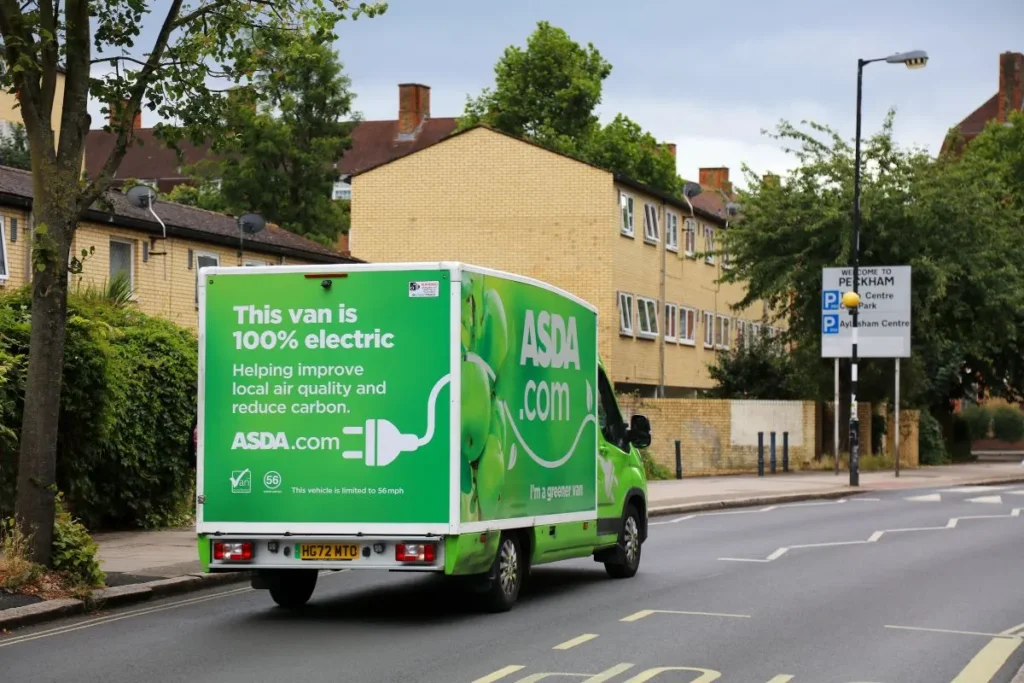The UK Government has confirmed a one-year extension of the plug-in van grant (PIVG), aiming to ease the transition to electric vehicles (EVs) for commercial users. Announced by the Department for Transport (DfT), the extension forms part of a wider £120 million funding package to support cleaner transport across vans, taxis, and motorcycles.
The scheme allows businesses and van drivers to claim up to £2,500 for small electric vans (under 2.5 tonnes) and up to £5,000 for larger vans (over 4.25 tonnes). The grant, which was first introduced in 2012 and later extended to include trucks in 2016, has so far supported the uptake of more than 8,000 electric vans across the UK.
As part of the new measures, the government will also scrap a unique requirement for additional training that currently applies only to zero-emission vans—removing what it described as unnecessary “red tape” and making it easier for businesses to recruit drivers for electric fleets.
Alongside the van grant extension, several other financial incentives have been renewed or enhanced. These include:
- A £4,000 grant for taxi drivers to purchase zero-emission black cabs.
- An increase in the grant for wheelchair-accessible EVs, rising from £35,000 to £50,000.
- A continued £500 discount for motorcyclists purchasing electric motorbikes.
The funding forms part of the Labour Government’s £2.3 billion pledge to accelerate the UK’s transition to electric transport.
In 2025, over 382,000 EVs were purchased in the UK—up 20% compared to 2024. The DfT also highlighted the expansion of EV infrastructure, with more than 74,000 public charging points now in place, including 20,000 added in 2024. The government’s latest Budget allocated a further £200 million to accelerate the rollout of charge points nationwide.
Support for trucks and HGV operators
For truck operators, the plug-in truck grant (PITrG) also remains available, offering discounts of up to £25,000 for large zero-emission trucks and £16,000 for small ones. Vehicles must meet specific emissions and range criteria to qualify.
Despite welcoming the extension, the Road Haulage Association (RHA) stressed that further financial support would be necessary to make electrification viable for the haulage sector. Chris Ashley, RHA Senior Policy Lead, stated:
“We’ve been clear that by reducing the costs of decarbonisation and ensuring the required infrastructure is in place, our sector can prepare and fully play its part on the road to Net Zero.
We welcome the extension of the plug-in grant for trucks for another year. However, additional financial support will be needed to help operators to decarbonise viably. Key to this is ensuring stable residual values that allow finance to be offered on favourable terms. We are working with the Green Finance Institute to develop options that address this.”
Eligible vehicles
A wide range of electric vans and trucks remain eligible under the grant scheme, including models from Ford, Mercedes-Benz, Maxus, Renault, Peugeot, and Vauxhall. Vehicles must be able to travel at least 60 miles with zero tailpipe emissions and meet strict weight and emissions criteria.
The grants are only applicable to new vehicles at the point of first registration and must be claimed through approved manufacturers or dealers via an official online portal. End customers can currently access up to 1,500 plug-in van and truck grants per financial year.
The UK plans to phase out the sale of new petrol and diesel vans and cars by 2030. From 2035 onwards, all new vehicles sold must produce zero emissions at the tailpipe. The continuation of the plug-in grant scheme is part of the Government’s strategy to support this shift while reducing costs and complexity for businesses navigating the EV transition.











